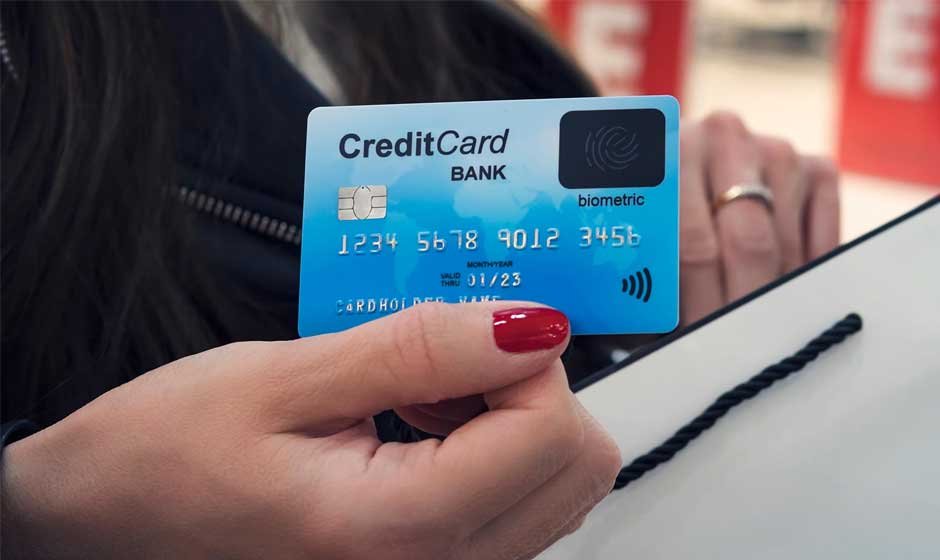Applying for a credit card can be a smart step in managing your finances, but you must understand how they work and how to use them responsibly. In the UK, credit cards are not only a convenient way to pay but also a tool that can build or harm your credit score, depending on how you manage them.
Understanding how credit cards work
In short, a credit card lets you borrow a pre-agreed limit to pay for goods and services. Each month, your card provider sends you a statement showing how much you’ve spent and what you owe. You can then either pay the balance in full or carry some of it over to the next month. Paying in full means you’ll usually avoid interest on new purchases, though this can vary by lender. If you carry a balance, however, you may start paying interest on the remaining amount.
Every card also sets a minimum payment, which must be repaid each month. While this can make repayment more manageable, paying only the minimum means you’ll end up paying more interest and take longer to clear your debt.
Check your eligibility and credit rating
Before approving your application, lenders will assess your borrowing history, including how consistently you’ve repaid debts, whether you’ve missed payments, and how much credit you currently use.
Your income, regular expenses and existing debt levels are also key factors in determining whether you’re eligible for a credit card and what limit you might receive. Under Financial Conduct Authority (FCA) regulations, lenders must carry out affordability checks to ensure that credit is suitable for you. The FCA has placed increasing emphasis on ensuring fair consumer outcomes, meaning lenders must lend responsibly and treat customers fairly.
Comparing costs, rewards, and other features
Not all credit cards are the same, and choosing the right one means comparing a range of features. One of the most important figures to look at is the Annual Percentage Rate (the overall cost of borrowing), including interest and most fees. A lower APR generally means cheaper borrowing, although promotional offers, such as 0% interest for a set period, may also influence your choice.
Some cards come with annual fees, often in exchange for perks such as travel insurance, cashback, or reward points. Others charge foreign transaction fees, so it’s worth checking the cost of using your card abroad. Many cards also offer interest-free purchase periods or balance transfer deals for new customers, but these are usually temporary.
















